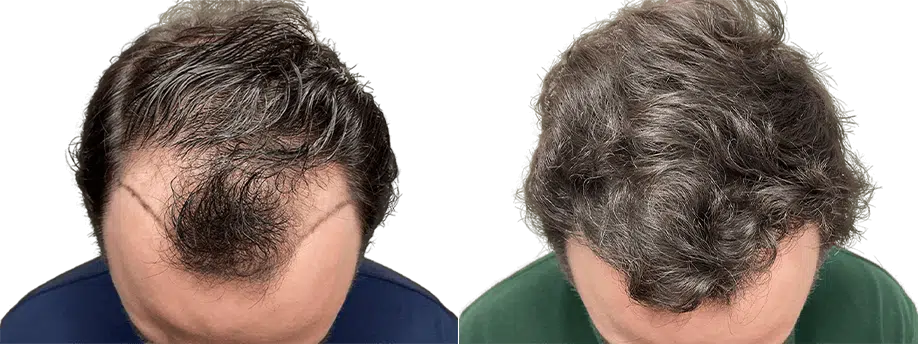- Contact us
- Services
- Locations
-
-
- Austin, TX
- Albany, Upstate NY
- Boca Raton, FL
- Charlotte, NC
- Cebu, Philippines
- Dallas, TX
- Fort Worth, TX
- Hollywood, FL
- Houston, TX
- Istanbul, Turkey
- Long Island, NY
- Manila, Philippines
- New York, NY
- New Jersey
- Northern Virginia
- Phoenix, AZ
- Pittsburgh, PA
- Philadelphia, PA
- P. Rico – Spanish
- P. Rico – English
- San Antonio, TX
- Sarasota, FL
- Tampa, Florida
-
-
- Doctors
- Shop
- More
